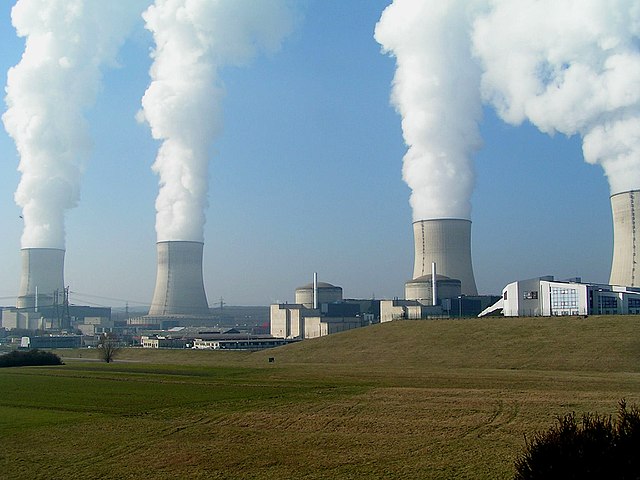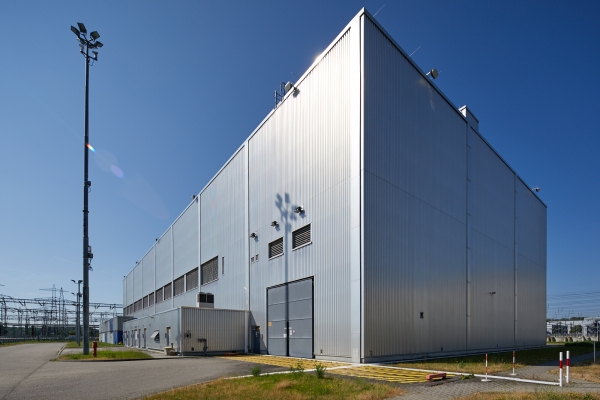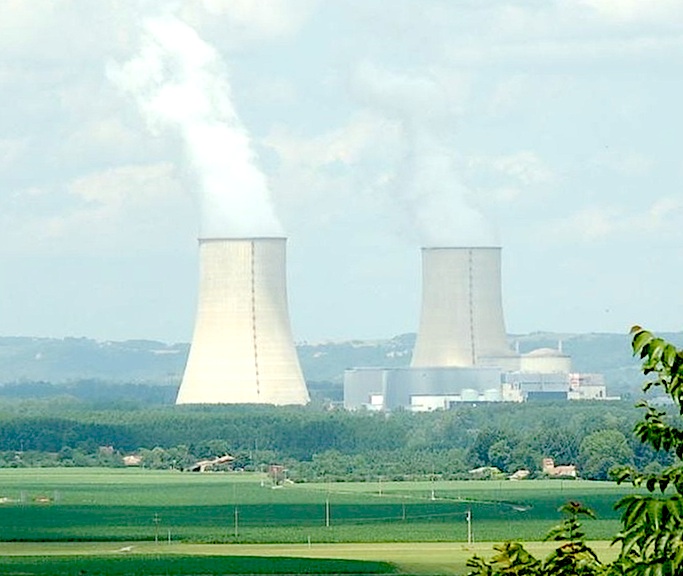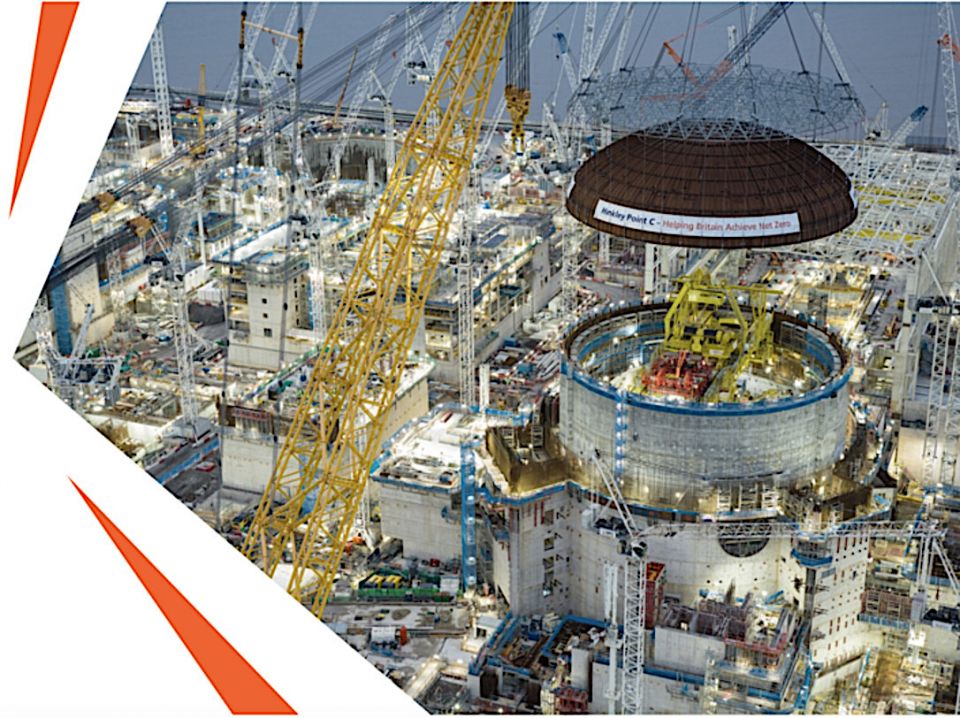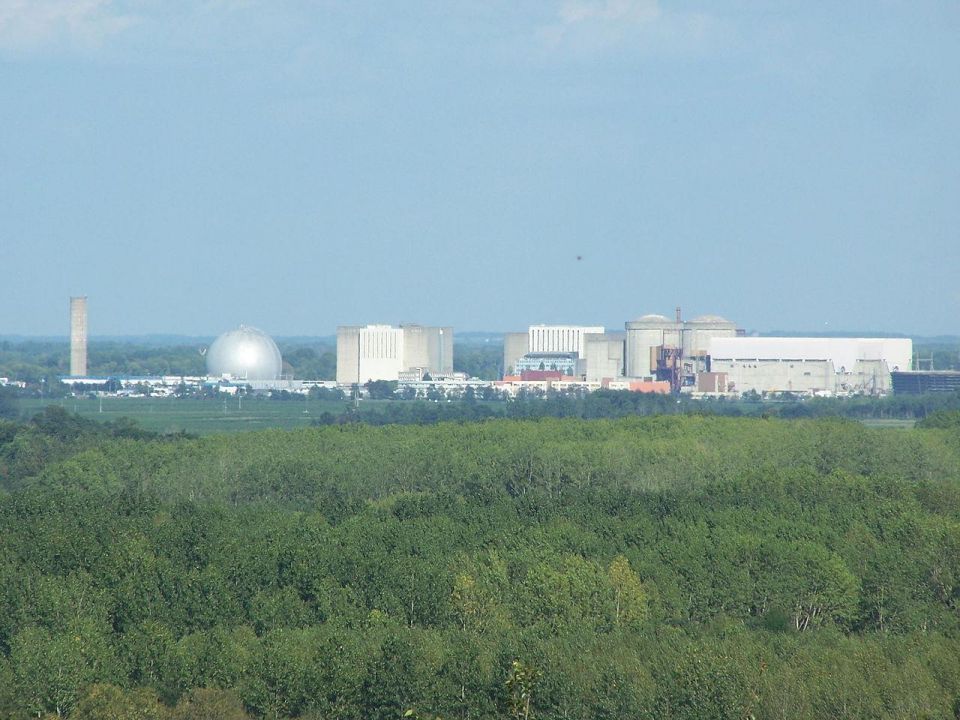The nuclear power plant in Cattenom, France. (Photo: Stefan Kühn)
Bloomberg recently reported that nuclear power production in France declined to its lowest level in almost two years in April, with power output during that month falling to 21.7 TWh. The decline occurred as Électricité de France (EDF), one of the country’s major energy suppliers, dealt with long-term inspection-and maintenance-related halts to the operation of many of its 56 domestic nuclear reactors.
The problem: Between mid-2021 and early 2022, inspections by EDF revealed corrosion and cracks in key pipes at five reactors, prompting lengthy checks and repairs. In mid-April, the company reported ultrasound inspection results suggesting that at least four additional reactors could be affected by similar problems. Le Monde speculated that “the issue might affect all of France’s nuclear power plants, although further evaluation is needed.” Cracking identified so far affects multiple 1,450-MW units as well as at least one 1,300-MW reactor; investigations could reveal that the problem extends to the 900-MW class of French reactor, as well.
Lower output, higher costs: France’s nuclear energy production in April 2022 was 20 percent lower than in April 2021 and at its lowest level since September 2020. EDF has projected that the nuclear energy output in France for all of 2022 will be between 295 and 315 TWh, compared with 360.7 TWh in 2021.
The nuclear energy shortfall comes at a time when France and the rest of Europe are struggling with an energy crisis and high energy prices related to several factors, including the war in Ukraine, low natural gas reserves, and high prices of greenhouse gas emissions allowances.
According to Bloomberg, the rising energy prices across the continent are adversely affecting the finances of EDF, because the company has to “buy back its atomic output shortfall on the wholesale market at record costs. At the same time, EDF’s revenues are capped by government measures to protect consumers and businesses.”
